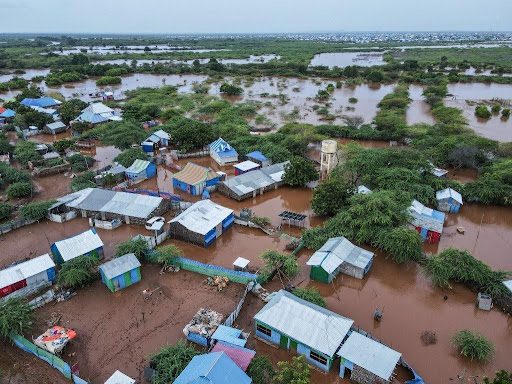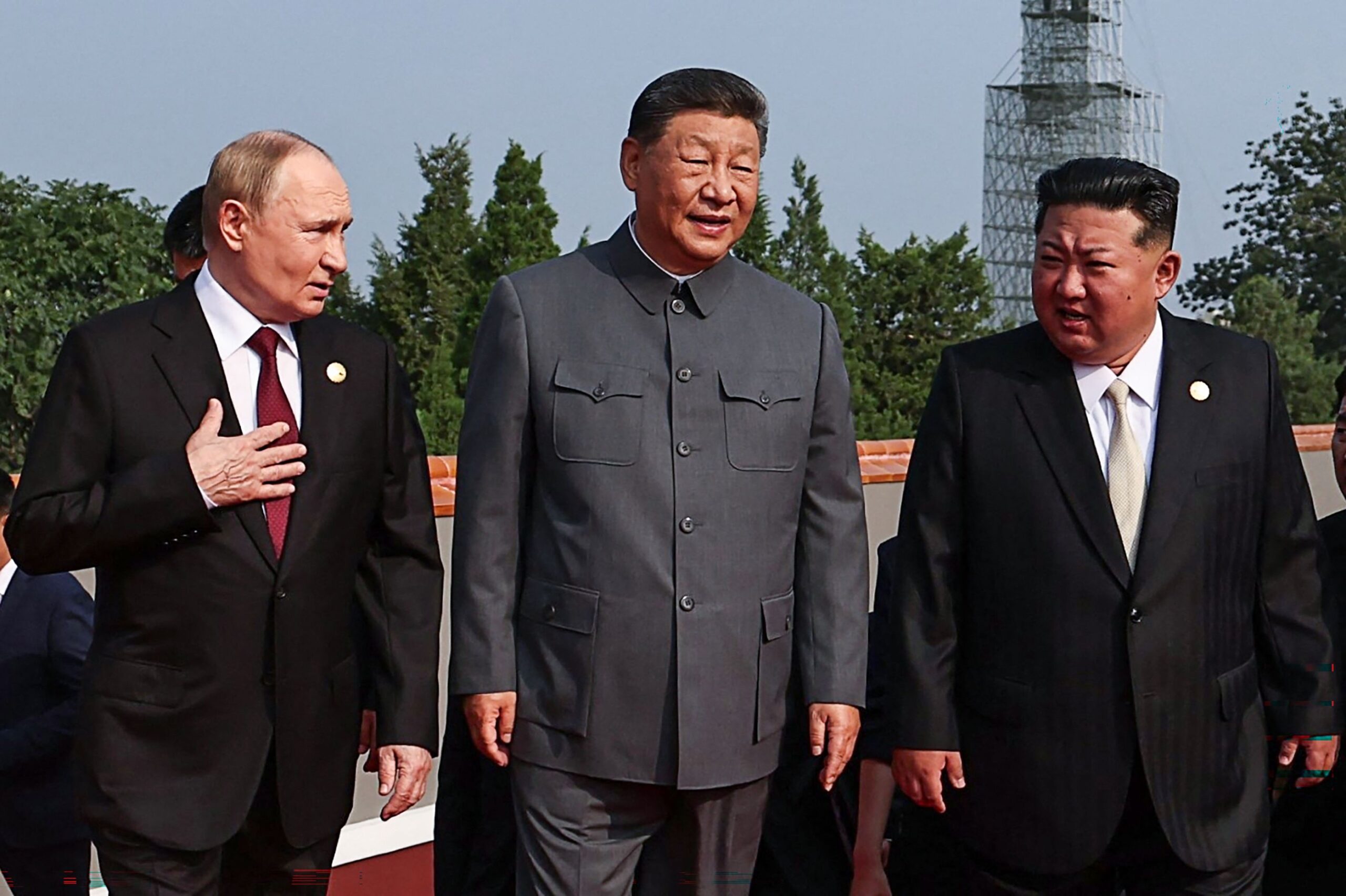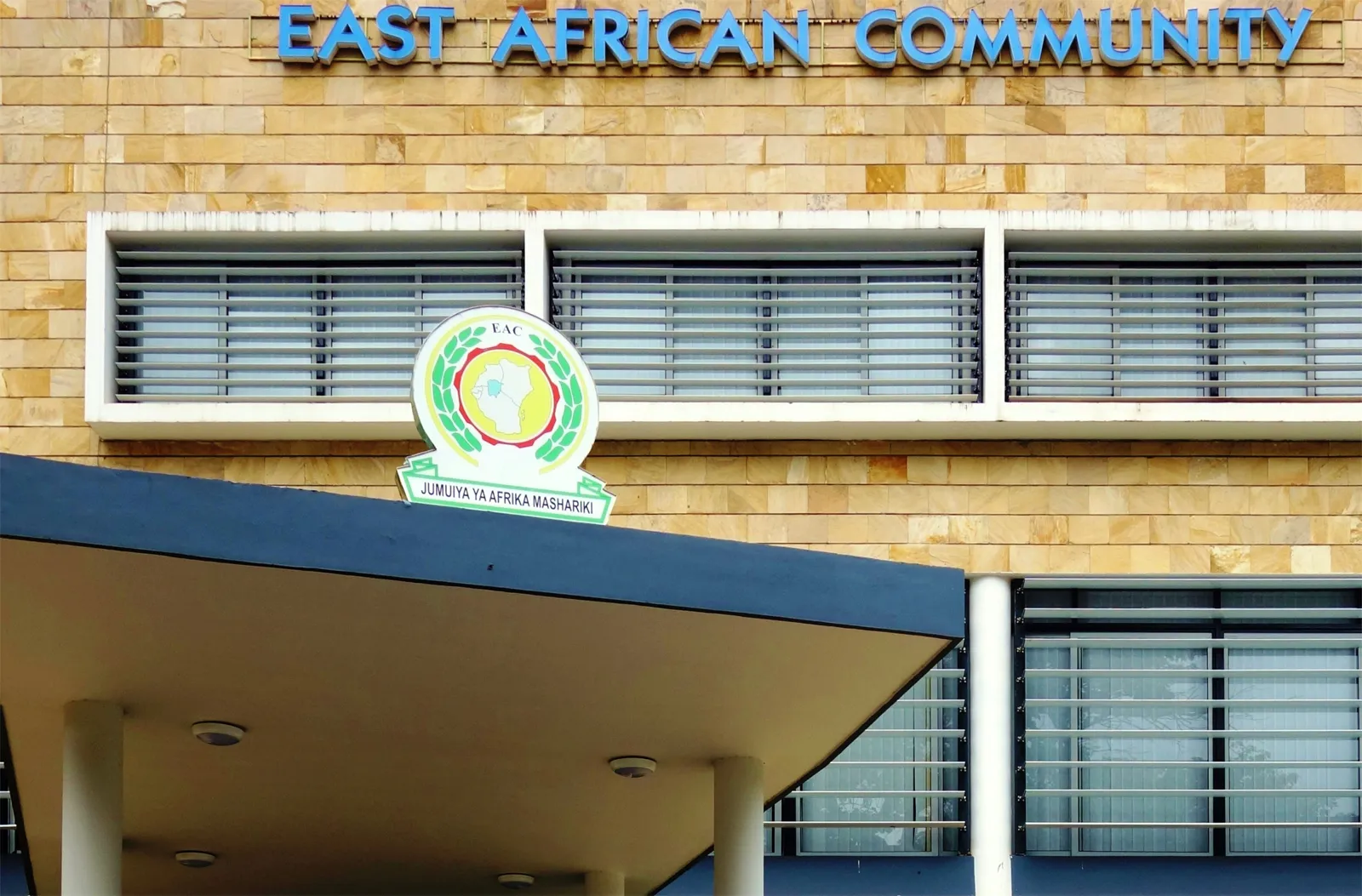
Mining has always been more than the extraction of resources; it is a lifeline for economic progress and community well-being. Yet, its transformative potential often goes unnoticed. PwC’s 2024 “Mine” report sheds light on how mining is evolving within the global economy. In Africa, where natural resources are the backbone of economies and livelihoods, mining companies are stepping into a pivotal era. By embracing innovation, prioritizing sustainability, and fostering community engagement, the sector can drive significant growth while addressing long-standing challenges. This evolution promises to place Africa at the forefront of sustainable development.
The Role of Innovation in Driving Efficiency and Safety
Globally, mining faces economic pressures from declining commodity prices and rising operational costs. For Africa, where mining contributes substantially to GDP, adopting innovative solutions is no longer optional. Technological advances, particularly in artificial intelligence (AI), are revolutionizing operations. At Chile’s Escondida copper mine, Microsoft Azure’s platforms optimize ore processing and enhance recovery rates—a blueprint African mines could emulate.
In the Democratic Republic of Congo, the Kamoa-Kakula copper mine, managed by Ivanhoe Mines, employs virtual reality to improve safety and worker training. South African mines are incorporating robotics and automation to enhance operational efficiency while reducing risks. These examples illustrate how technology can transform mining into a safer, more productive industry. By adopting digital tools, African mines have the potential to lead the global charge in modernizing extraction and production methods.
Sustainability: Mining’s New Cornerstone
Africa’s abundant mineral wealth uniquely positions it to benefit from the global transition to renewable energy. However, this opportunity necessitates embedding sustainability into every aspect of mining operations. Urban mining, the recycling of materials from used products, offers a promising alternative to traditional extraction. For instance, pilot programs in African cities are recovering rare earth elements from e-waste, demonstrating how recycling can both reduce waste and enhance resource efficiency.
Lithium, vital for electric vehicle batteries, represents a key opportunity. While recycling efforts are still developing, they hold significant potential to reduce reliance on primary mining. Governments and private sector players need to collaborate to scale these initiatives by promoting advanced recycling technologies and creating favorable policies. Adopting circular economy principles can reduce environmental impacts, foster innovation, and open new economic avenues for African nations.
Unlocking Local Value Through Strategic Partnerships
To maximize the benefits of its natural resources, Africa must prioritize local value addition. Strategic collaborations with global partners bring critical expertise and capital. For example, Botswana’s Khoemacau Copper Mine, acquired by MMG, exemplifies how foreign investments can modernize operations and boost production quality.
Beyond mining, partnerships in renewable energy are also transformative. Anglo American’s collaboration with EDF Renewables in South Africa ensures clean and reliable power for mining operations while addressing broader energy challenges. Similarly, Mozambique’s solar-powered coal mining initiatives showcase the integration of renewable energy in extractive industries. These partnerships highlight how mining can simultaneously contribute to economic development and community welfare. Strengthening local engagement ensures shared value and long-term societal benefits.
Navigating Market Shifts and Emerging Opportunities
Critical minerals, such as lithium and copper, have become essential to global energy transitions, driving significant market volatility. Africa, rich in these resources, must seize the opportunity. PwC reports that mergers and acquisitions involving critical minerals accounted for 40% of global transactions in 2023, with copper and lithium dominating. This demand underscores Africa’s potential to lead in supplying the minerals needed for technological innovation.
Countries like Zambia and Namibia, with vast copper reserves, should focus on establishing transparent regulatory frameworks and fostering investor confidence. Developing regional value chains for processing and refining minerals locally can enhance competitiveness and ensure more economic value stays within Africa. Additionally, emerging opportunities in rare earth minerals provide a new frontier for exploration and growth across the continent.
Key Takeaways for Decision-Makers
Africa’s mining sector is at a crossroads where strategic vision and decisive action can redefine its future. By embracing sustainability, leveraging advanced technologies, and building meaningful partnerships, the industry can transform obstacles into opportunities. Policymakers, industry leaders, and investors must collaborate to position Africa as a global leader in sustainable resource management.
With its unparalleled resource wealth and increasing focus on sustainability, Africa has the chance to move beyond being a supplier of raw materials to becoming a key driver in the global green economy. This transformative journey demands collective effort, innovative thinking, and a commitment to empowering local communities. The message for leaders is clear: foster innovation, champion sustainability, and engage stakeholders to unlock the full potential of Africa’s vital mining industry


